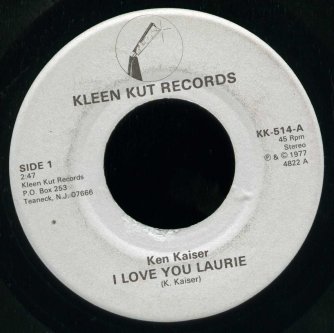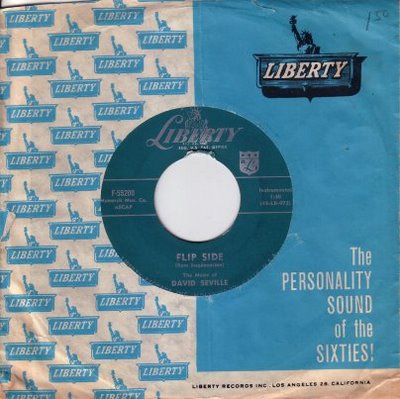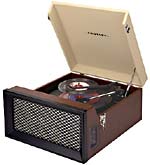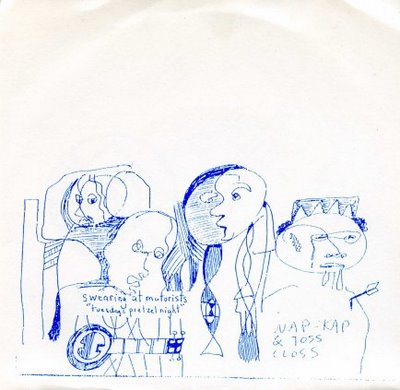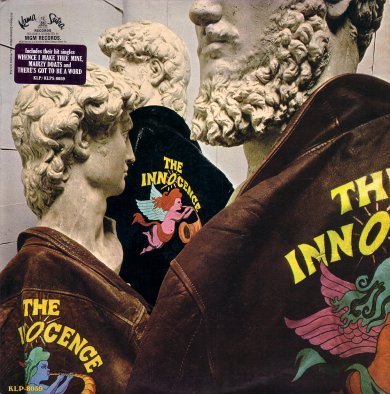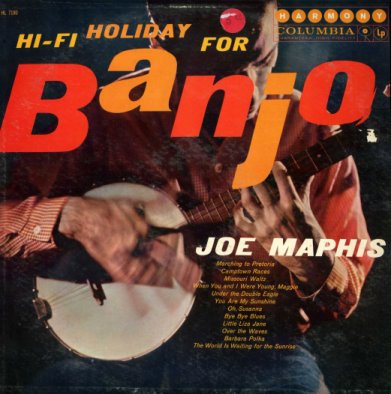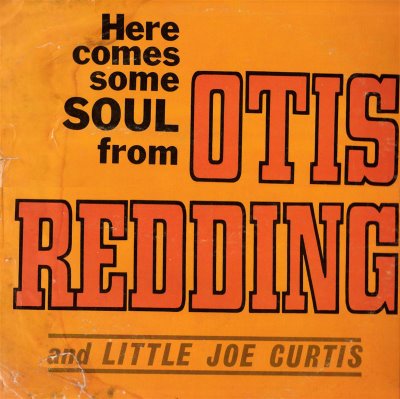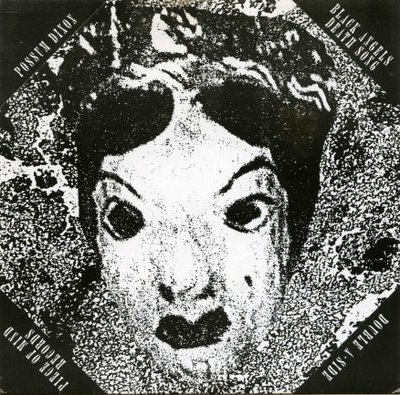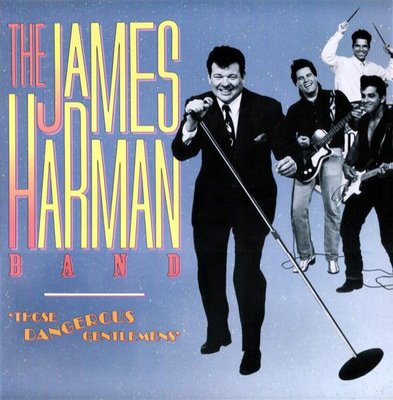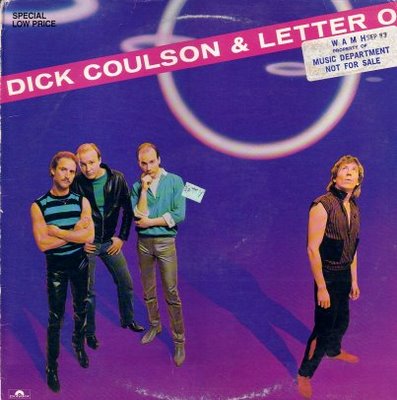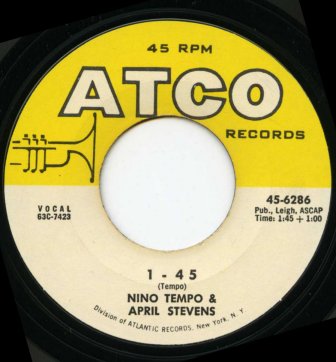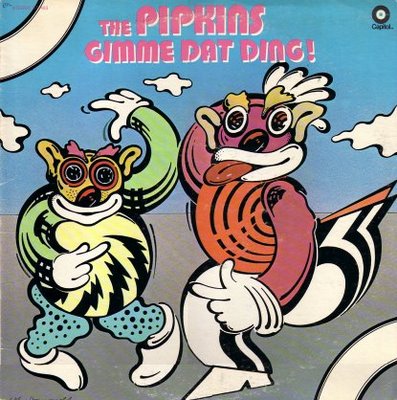 :: Here Come De Kins :::: My Baby Loves Lovin' ::
:: Here Come De Kins :::: My Baby Loves Lovin' ::When I saw this album, the first thing that flashed across my mind was, "70s one hit wonder!", and that's exactly what it is. I vaguely remembered "Gimme Dat Ding" as a nonsense song that registered as a top 40 hit at a time when I had stopped listening to top 40 radio in favor of FM rawk. Beyond that I knew nothing of it. Listening to the album, I found it, well, unlistenable. Every song features a guy with a Wolfman Jack type voice and another guy who sings in a falsetto voice. Irritating is a good word for it.
When I finally made it to side 2, the song "My Baby Loves Lovin'" rang a bell, but I couldn't place it. Doing research on the Pipkins turned up little info, but when I did a search on "My Baby Loves Lovin'", I found the motherload.
Singers Tony Burrows, Roger Greenaway and Roger Cook were some nice English boys who had a band in the late 50s/early 60s called The Kestrels. They were modestly successful until the British Invasion invaded their own territory and put an end to their sweet, innocent harmony based pop. Greenaway and Cook started writing songs together and hit paydirt with "You've Got Your Troubles" recorded by The Fortunes in 1965. Burrows, in the mean time went from band to band, finding moderate success until ultimately winding up in The Flowerpot Men, who recorded the hit, "Let's Go To San Francisco". By the late 60s though, Burrows had had enough of touring and made himself available for session work, which turned out to be quite lucrative.
Reuniting with Greenaway and Cook, Burrows recorded hit after hit, each with a different band name like The Brotherhood of Man ("United We Stand"), Edison Lighthouse ("Love Grows Where My Rosemary Goes"), White Plains ("My Baby Loves Lovin'") and The Pipkins. All of these songs were hits around the same time in late 69/early 70, but few people knew they were all by the same guys. People in the industry knew though, and Burrows was subsequently blackballed and relegated to singing commercial jingles.
Greenaway and Cook however continued to write hit songs for other artists such as The Hollies ("Long Cool Woman In A Black Dress"). And speaking of commercial jingles, they co-wrote "I'd Like To Teach The World To Sing" for Coca-Cola, which they then re-wrote (removing the references to Coke) and had a hit with the New Seekers.
All this goes to show that one hit wonders are not always what they seem. In the Pipkins' case, it's a wonder they had a hit at all, let alone an album's worth of material. I'll spare you the hit, since it's available on many a 70s hit comp, but I give you "Here Come De Kins" by way of introduction to the irascible, yet lovable Pipkins, as well as their version of the Cook-Greenaway hit, "My Baby Loves Lovin'".
I recently saw a copy of this album in a store in the R&B section, which made me laugh a bit. Then again, did the Pipkins invent Rap?
Mike


